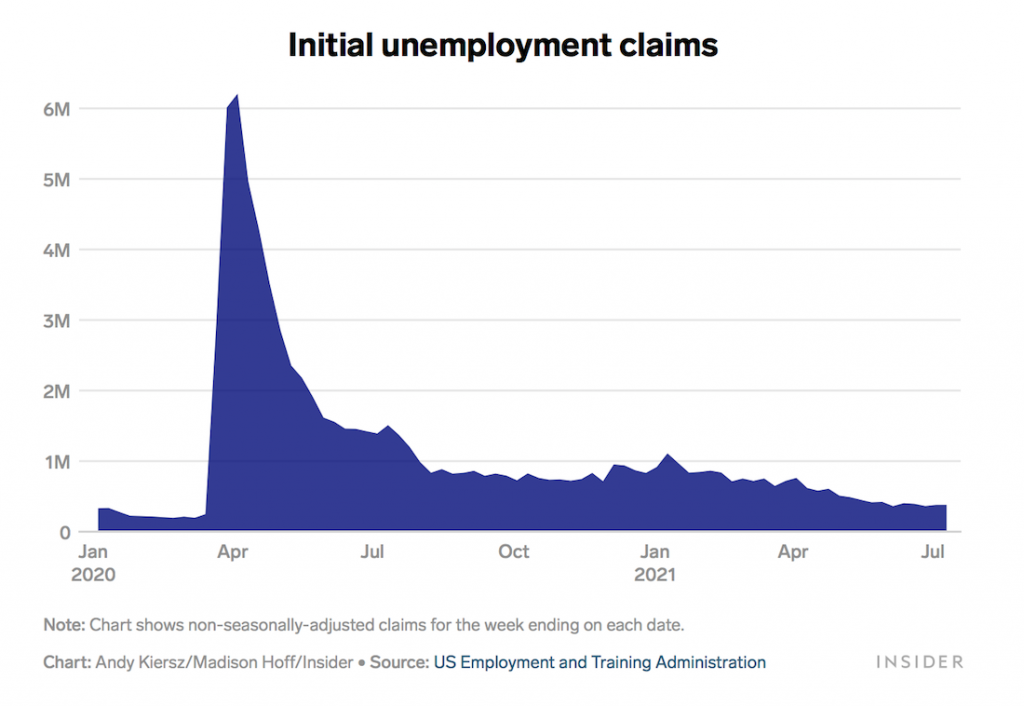It was two weeks before Christmas 1994, in a market town in the central plateau of Haiti, a patch of paved road called Mirebalais. Near the center of town there was a Haitian army outpost–a concrete wall enclosing a weedy parade field, a jail, and a mustard-colored barracks. I was sitting with an American Special Forces captain, named Jon Carroll, on the building’s second-story balcony. Evening was coming on, the town’s best hour, when the air changed from hot to balmy and the music from the radios in the rum shops and the horns of the tap-taps passing through town grew loud and bright and the general filth and poverty began to be obscured, the open sewers and the ragged clothing and the looks on the faces of malnourished children and the extended hands of elderly beggars plaintively saying, “Grangou,” which means “hungry” in Creole.
I was in Haiti to report on American soldiers. Twenty thousand of them had been sent to reinstate the country’s democratically elected government, and to strip away power from the military junta that had deposed it and ruled with great cruelty for three years. Captain Carroll had only eight men, and they were temporarily in charge of keeping the peace among 150,000 Haitians, spread across about one thousand square miles of rural Haiti. A seemingly impossible job, and yet, out here in the central plateau, political violence had all but ended. In the past month, there had been only one murder. Then again, it had been spectacularly grisly. A few weeks back, Captain Carroll’s men had fished the headless corpse of the assistant mayor of Mirebalais out of the Artibonite River. He was one of the elected officials being restored to power. Suspicion for his murder had fallen on one of the junta’s local functionaries, a rural sheriff named Nerva Juste, a frightening figure to most people in the region. Captain Carroll and his men had brought Juste in for questioning, but they hadn’t found any physical evidence or witnesses. So they had released him.
The captain was twenty-nine years old, a devout Baptist from Alabama. I liked him. From what I’d seen, he and his men had been trying earnestly to make improvements in this piece of Haiti, but Washington, which had decreed that this mission would not include “nation-building,” had given them virtually no tools for that job. On one occasion, the captain had ordered a U.S. Army medevac flight for a pregnant Haitian woman in distress, and his commanders had reprimanded him for his pains. Up on the balcony of the barracks now, Captain Carroll was fuming about his latest frustration when someone said there was an American out at the gate who wanted to see him.
There were five visitors actually, four of them Haitians. They stood in the gathering shadows in front of the barracks, while their American friend came forward. He told Captain Carroll that his name was Paul Farmer, that he was a doctor, and that he worked in a hospital here, some miles north of Mirebalais.
I remember thinking that Captain Carroll and Dr. Farmer made a mismatched pair, and that Farmer suffered in the comparison. The captain stood about six foot two, tanned and muscular. As usual, a wad of snuff enlarged his lower lip. Now and then he turned his head aside and spat. Farmer was about the same age but much more delicate-looking. He had short black hair and a high waist and long thin arms, and his nose came almost to a point. Next to the soldier, he looked skinny and pale, and for all of that he struck me as bold, indeed downright cocky.
He asked the captain if his team had any medical problems. The captain said they had some sick prisoners whom the local hospital had refused to treat. “I ended up buyin’ the medicine myself.”
Farmer flashed a smile. “You’ll spend less time in Purgatory.” Then he asked, “Who cut off the head of the assistant mayor?”
“I don’t know for sure,” said the captain.
“It’s very hard to live in Haiti and not know who cut off someone’s head,” said Farmer.
A circuitous argument followed. Farmer made it plain he didn’t like the American government’s plan for fixing Haiti’s economy, a plan that would aid business interests but do nothing, in his view, to relieve the suffering of the average Haitian. He clearly believed that the United States had helped to foster the coup–for one thing, by having trained a high official of the junta at the U.S. Army’s School of the Americas. Two clear sides existed in Haiti, Farmer said–the forces of repression and the Haitian poor, the vast majority. Farmer was on the side of the poor. But, he told the captain, “it still seems fuzzy which side the American soldiers are on.” Locally, part of the fuzziness came from the fact that the captain had released the hated Nerva Juste.
I sensed that Farmer knew Haiti far better than the captain, and that he was trying to impart some important information. The people in this region were losing confidence in the captain, Farmer seemed to be saying, and this was a serious matter, obviously, for a team of nine soldiers trying to govern 150,000 people.
Thanks S and D.

